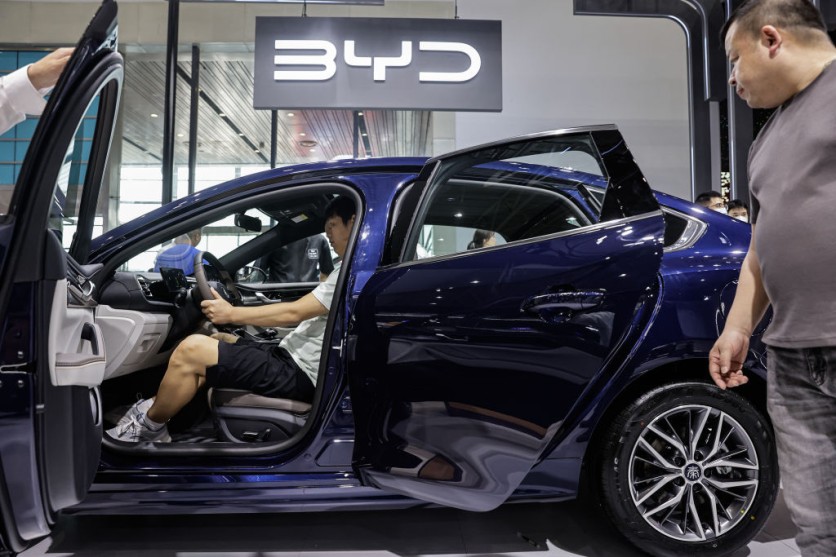
Italy is actively considering a new approach to encourage consumers to make greener choices with electric cars to protect its domestic auto industry from the huge inflow of less expensive Chinese electric vehicle (EV) imports, Reuters tells us in a report.
Spurred by a similar French EV industry move, this measure could drastically change the Italian car industry.
The program goes beyond the usual strategy of focusing only on vehicle emissions. As an alternative, it considers the carbon emissions produced during manufacturing and distribution.
Italy wants to discourage the purchase of electric vehicles produced in China, whose imports into Europe have increased due to their low prices pumped by massive national subsidies, by considering their environmental impact.
This is mainly because China's EV industry heavily depends on coal-generated electricity, and the vehicles are sent worldwide by boat, exacerbating their environmental impact.
The French effort asserts compliance with World Trade Organization (WTO) regulations since exemptions are permitted for environmental and public health concerns.
Industry Minister Adolfo Urso has already expressed concerns about Italians using incentives to buy vehicles produced abroad, making a solid case for revising the incentive framework to encourage environmentally friendly and domestic car production.
Read Also : Honda Announces Access to Largest EV Charging Network in North America After Forging New Agreements
European Commission Contemplates Tariffs to Counter Chinese EV Imports
In parallel to Italy's efforts, the European Commission is deliberating the imposition of punitive tariffs as a protective measure for EU automakers grappling with the surge of affordable Chinese electric vehicle imports.
European Commission President Ursula von der Leyen highlighted the oversaturation of global markets with cost-effective electric cars and pinpointed state subsidies as a key factor sustaining their affordability.
Currently, the standard EU tariff for cars stands at 10%. However, over the next 13 months, the Commission will weigh the possibility of imposing tariffs that exceed this rate. Such a move could potentially escalate trade tensions between the EU and China.
This anti-subsidy inquiry extends to Chinese brands and non-Chinese entities manufacturing in China, including well-known names like Tesla, Renault, and BMW. The timing of this inquiry is significant, given the recent IAA Mobility 2023 conference held in Munich.
Chinese Automakers Expanding Beyond Domestic Market
While Chinese automakers have yet to establish a significant foothold in the European market, they are on the cusp of a transformative shift, expanding their operations beyond China's borders.
Reflecting this trend, China's auto exports experienced a remarkable upswing of 31% in August, according to the China Passenger Car Association. Within the EU, the share of EVs originating from China has surged to 8%.
China Objects
In response to the investigation, the Chinese Chamber of Commerce to the EU has objected, asserting that China's competitive advantage doesn't primarily stem from subsidies but from other impartial factors.
The EU's efforts to reduce its reliance on China, particularly for critical materials and products essential for the transition to electric mobility, mirror similar moves by the United States.
Stay posted here at Tech Times.
Related Article : EU Weighs Imposing Tariffs Against Chinese EV Manufacturers

ⓒ 2025 TECHTIMES.com All rights reserved. Do not reproduce without permission.




